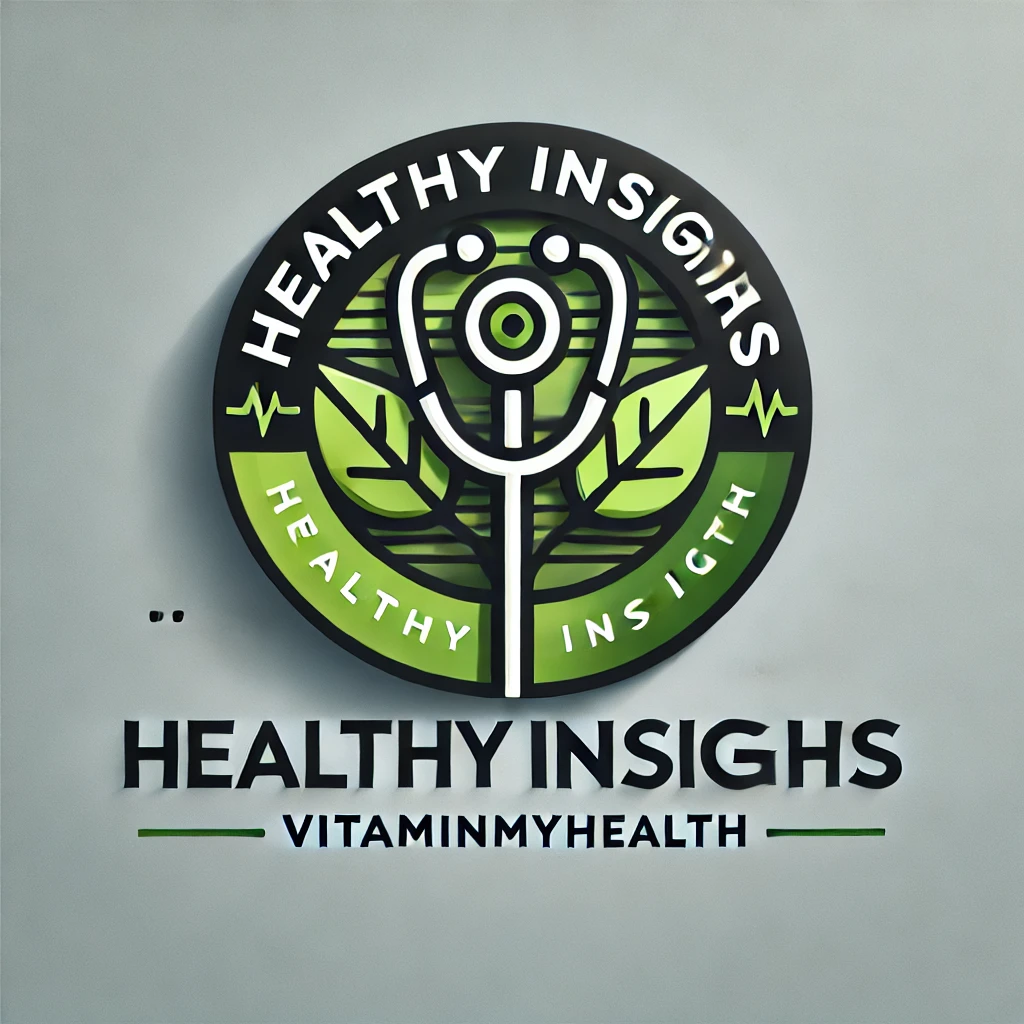Vitamin B5 (Pantothenic Acid): Benefits, Sources, and Uses
Vitamin B5, also called pantothenic acid, is one of the essential B vitamins your body needs for energy production, metabolism, and overall health. This water-soluble vitamin is crucial for converting food into energy and supporting the utilization of fats, proteins, and carbohydrates.
As part of the B-complex group, Vitamin B5 also contributes to healthy skin, hair, eyes, liver function, and a well-functioning nervous system.
🧬 Functions of Vitamin B5
🔋 Energy Production
Vitamin B5 plays a central role in breaking down carbohydrates and fats into energy that powers daily activities.
🍽️ Digestive Health
It helps maintain a healthy digestive system and assists in the absorption of other vitamins, especially Vitamin B2 (Riboflavin).
🩸 Red Blood Cell Formation
Pantothenic acid supports the production of red blood cells and stress-related hormones in the adrenal glands.
🧪 Cholesterol Synthesis
Vitamin B5 is essential for the synthesis of cholesterol, which supports cellular functions. Research on pantethine (a derivative of Vitamin B5) shows promise in helping reduce cholesterol levels.
💡 Benefits of Vitamin B5
❤️ Cholesterol and Heart Health
Early studies suggest that pantethine may help lower LDL (bad cholesterol) and triglycerides while raising HDL (good cholesterol). Read more on NIH.
🌿 Skin Care and Wound Healing
Vitamin B5 helps keep the skin moisturized and may speed up wound healing. Studies show that combining Vitamin B5 with Vitamin C may improve recovery after surgery.
🤲 Rheumatoid Arthritis Relief
Research suggests individuals with rheumatoid arthritis (RA) often have lower levels of Vitamin B5. Supplementation with calcium pantothenate has been shown to reduce symptoms like stiffness and joint pain.
🥦 Sources of Vitamin B5
The word pantothenic comes from the Greek word pantos, meaning “everywhere.” That’s because Vitamin B5 is found in a wide range of foods.
Best Food Sources:
-
Vegetables: Kale, broccoli, sweet potatoes, tomatoes
-
Legumes: Lentils, peanuts, soybeans
-
Animal Products: Beef liver, chicken, salmon, egg yolks
-
Whole Grains & Seeds: Whole-grain bread, sunflower seeds, wheat germ
-
Others: Avocados, milk, nectar
👉 Related post: Vitamin B12: Benefits and Food Sources
⚠️ Note: Vitamin B5 is often lost during food processing. Fresh, unprocessed foods are your best bet.
💊 Available Forms of Vitamin B5
Vitamin B5 can be taken as:
-
Multivitamins
-
B-complex supplements
-
Independent supplements labeled as pantothenic acid or calcium pantothenate
They are available in tablets, capsules, and soft gels.
📏 Recommended Daily Intake
There is no official RDA (Recommended Dietary Allowance), but experts suggest:
-
Infants (0–12 months): 1.7–1.8 mg
-
Children (1–13 years): 2–4 mg
-
Teens & Adults (14+ years): 5 mg
-
Pregnant women: 6 mg
-
Breastfeeding women: 7 mg
👉 See detailed nutrition guide on WebMD.
🌟 Vitamin B5 and Acne Management
Vitamin B5 may help improve acne-prone skin by:
-
Regulating oil (sebum) production
-
Reducing inflammation and redness
-
Supporting skin barrier repair
-
Enhancing wound healing to minimize scars
👉 Related post: Vitamin C Benefits for Skin Health
🚨 Signs of Vitamin B5 Deficiency
Although rare, deficiency can cause:
-
Fatigue & insomnia
-
Depression or irritability
-
Vomiting & stomach pain
-
Burning feet
-
Upper respiratory infections
✅ Conclusion
Vitamin B5 (pantothenic acid) is a vital nutrient for energy production, healthy skin, cholesterol synthesis, and red blood cell formation. By consuming a balanced diet rich in vegetables, grains, legumes, and animal products, you can easily meet your daily needs.
While deficiency is uncommon, ensuring adequate intake of Vitamin B5 through diet or supplements supports overall health, skin care, and heart health.
❓ Frequently Asked Questions (FAQ)
1. What is Vitamin B5 good for?
Vitamin B5 supports energy production, skin health, and hormone regulation. It also plays a role in cholesterol metabolism.
2. Can Vitamin B5 help with acne?
Yes. Studies suggest that Vitamin B5 may reduce sebum production, calm inflammation, and speed up healing of acne scars.
3. What foods are rich in Vitamin B5?
Foods like beef liver, eggs, salmon, lentils, broccoli, and avocados are excellent sources.
4. Is Vitamin B5 deficiency common?
No. Deficiency is rare but may lead to fatigue, digestive issues, mood changes, and nerve problems.
5. Should I take a Vitamin B5 supplement?
If your diet lacks variety or you have specific health concerns, supplements may help. Always consult a doctor or nutritionist before use.
👉 Want to learn more? Check out:
crossorigin="anonymous">

hxfkuc
nzgm11